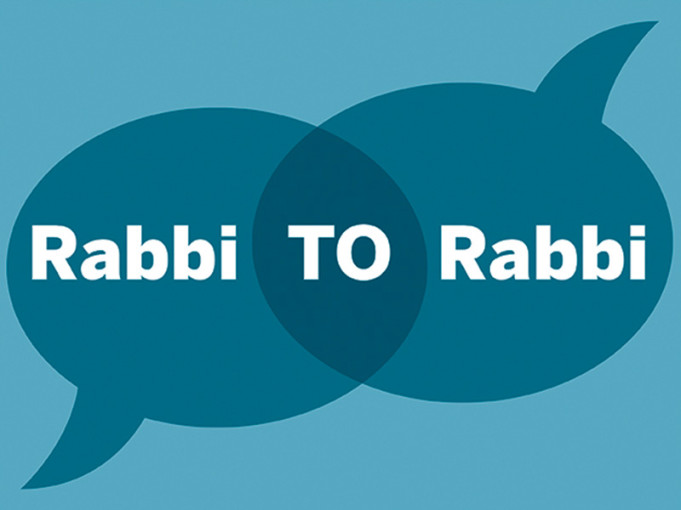Rabbi Micah Streiffer: Temple Kol Ami, Thornhill
Rabbi Eric Grossman: Akiva School, Montreal
Rabbi Streiffer: As Canadian Jews, we live with one foot in the Jewish world and one in the secular world. Among other things, this means that we have the opportunity to participate in secular holidays and observances, in addition to our own Jewish festivals. Some of those – such as Canada Day – represent our love for our country. Others, like Mother’s Day and Father’s Day, present no conflict with Jewish practice. But still others, such as Valentine’s Day, Halloween and even New Year’s Eve, have their origins in non-Jewish religious practice. (After all, St. Valentine was a Catholic saint and Feb. 14 represents the date of his martyrdom.)
Do you think it is appropriate for Jews to celebrate such holidays? Can they ever really be devoid of their original connotations? And how do you think Jewish institutions, synagogues and schools should acknowledge them?
Rabbi Grossman: When I was growing up, Jewish schools, including my own synagogue-based Hebrew school, sent annual letters admonishing parents not to let their kids trick-or-treat on Halloween. Looking back, I find that curious: these schools did not send missives instructing parents to ensure that their children did not violate Shabbat or kashrut. Why was censuring a night associated with the joy of childhood a religious priority?
I think the issue goes beyond halakhic concerns. Festival days are public displays of identity and we eschew such declarations that conflict with Jewish religious identity. That is why I agree that the secular holidays you mentioned are not a problem. Likewise, I support those halakhic authorities that are lenient about New Year’s Eve (St. Sylvester’s Day), since it has lost its religious significance.
As a Star Wars fan, I have to ask: do you have reservations about celebrating May the Fourth, or other ecclesiastical observances related to the Force?
Rabbi Streiffer: Your point about holidays as public displays of identity is a really interesting one. Observing such holidays together is a chance to build relations with other faith groups and to celebrate what we have in common. We choose our affiliations by choosing our holidays. Because we are proud Canadians, we watch fireworks on July 1. And because we are hyphenated-Canadians (as most Canadians are), we blend our Jewish identity with our secular identity.
As for the other serious and important issue you raise, I wholeheartedly endorse all Star Wars-related practices, rituals and discussions. Last year on Yom Kippur, I led a discussion titled, “Was Darth Vader truly repentant?” in which we talked about the meaning of repentance and what it means to do teshuvah on one’s deathbed.
I actually think there is an important lesson here: Judaism has a long history of borrowing from the surrounding culture and building Jewish practices with influence from rituals and practices that were not originally Jewish. For example, while the story of the Maccabees is uniquely ours, the ritual of lighting candles during a wintertime holiday long predates Hanukkah and is shared by many cultures. Some scholars similarly believe that Purim may have its origins in a Persian festival. (For that matter, the Jewish calendar is actually the Babylonian calendar. The Hebrew months of Tishrei, Adar and Nisan were originally not Hebrew at all, but Mesopotamian.)
Ultimately, Jewish identity is constantly evolving. We develop that identity based on the time and place in which we live. I guess that’s why I’m not so concerned by Valentine’s Day or Halloween. By eating candy hearts and trick-or-treating, we are declaring ourselves to be part of secular culture. Jews have been doing that for as long as Judaism has been around.
READ: RABBI TO RABBI: THE POWER OF PRAYER
Rabbi Grossman: While rabbis such as Maimonides acknowledge, as you do, that Judaism syncretizes elements from other religions and cultures, they also outline parameters for which foreign elements can be adopted or adapted, and which must be rejected. While we can help our students and members navigate this complicated dialectic, I think that Jewish institutions such as ours need to focus primarily on promoting the age-old traditions of which you speak. Hallmark will labour to make us fall in love with Valentine’s Day, but who, if not us, will work to make Jews love Shabbat?
Let’s be in touch again on Dec. 20, to discuss Star Wars: Episode IX.
